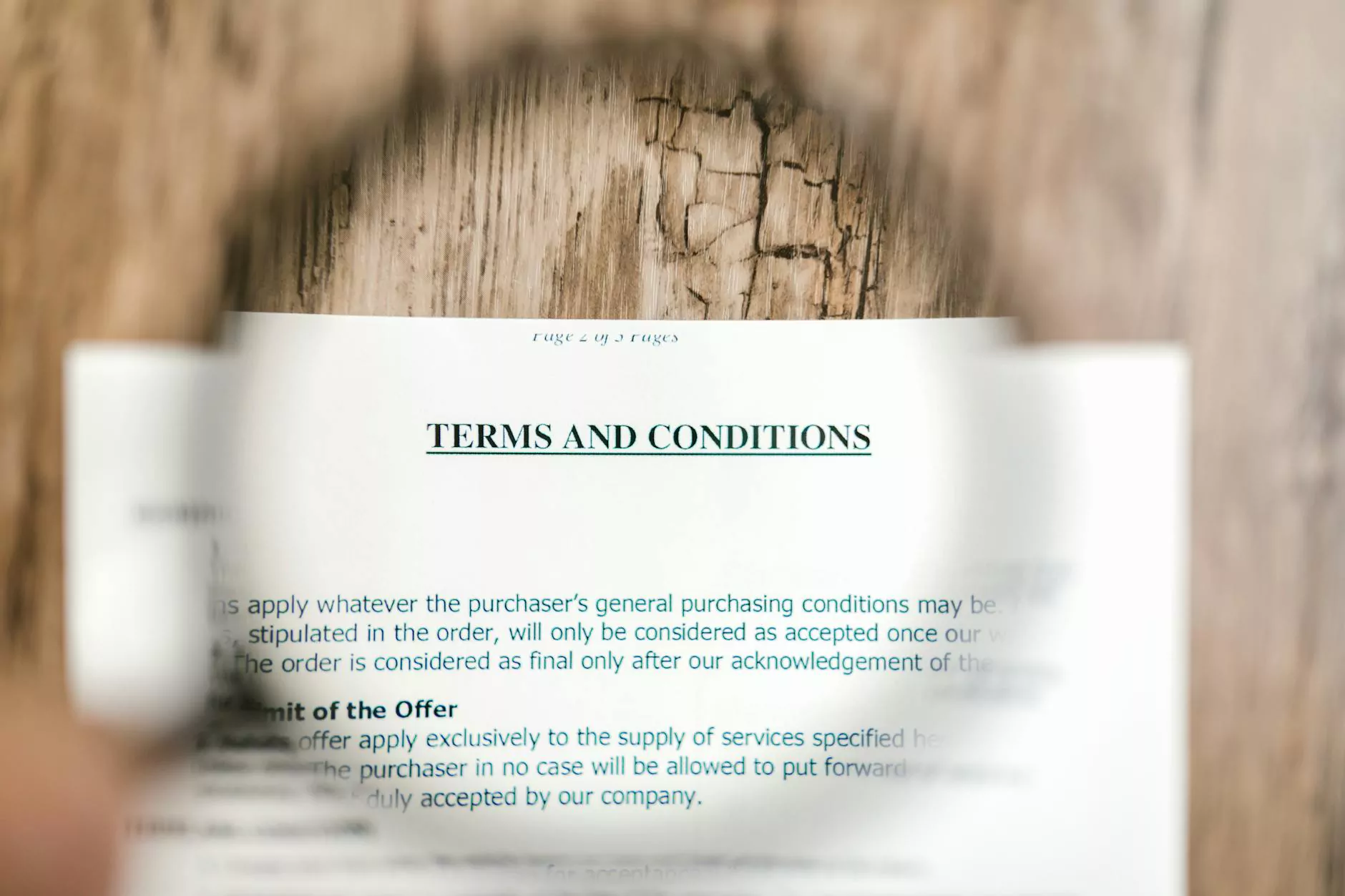Understanding Data Privacy Compliance: A Comprehensive Guide

Data privacy compliance has emerged as a cornerstone of ethical business practices in today's digital age. With the unprecedented amount of personal data being collected and processed, the implications of failing to comply with data privacy laws can be substantial. This guide aims to provide a detailed examination of what data privacy compliance is, why it matters, and how businesses can ensure they meet legal obligations.
What is Data Privacy Compliance?
Data privacy compliance refers to the set of processes and practices that organizations must implement to protect the personal information they collect from individuals. It involves adhering to various laws and regulations designed to safeguard personal data, ensuring that individuals have control over how their data is used and shared.
Key Regulations and Standards
Numerous laws govern data privacy compliance, and businesses must familiarize themselves with these regulations to avoid penalties. Key regulations include:
- General Data Protection Regulation (GDPR): A comprehensive European regulation that mandates strict data protection measures for businesses handling EU residents' data.
- California Consumer Privacy Act (CCPA): A landmark law in the United States that empowers California residents with greater control over their personal information.
- Health Insurance Portability and Accountability Act (HIPAA): A regulation that protects patient health information in the healthcare industry.
- Payment Card Industry Data Security Standard (PCI DSS): A set of security standards designed to protect card information during and after a financial transaction.
Why is Data Privacy Compliance Important?
The importance of data privacy compliance goes beyond mere legal obligation; it impacts numerous facets of business operations:
1. Protecting Customer Trust
Maintaining compliance with data privacy laws helps build and sustain customer trust. When consumers know their data is handled responsibly, they are more likely to engage with a brand.
2. Avoiding Legal Repercussions
Failing to comply with data privacy regulations can lead to severe legal consequences, including substantial fines, sanctions, and litigation costs. For instance, under the GDPR, organizations can face penalties of up to 4% of their annual global revenue for violations.
3. Protecting Company Reputation
Data breaches and non-compliance can severely damage a company’s reputation. Media coverage of data mishandling can lead to public backlash, affecting customer loyalty and brand perception.
4. Enhancing Data Security
Implementing data compliance measures inherently improves data security. Organizations that prioritize compliance are more likely to invest in robust technologies and practices to protect personal information.
Best Practices for Achieving Data Privacy Compliance
To navigate the intricate landscape of data privacy compliance successfully, businesses should adopt the following practices:
1. Conduct Regular Data Audits
Regularly auditing the data your business collects is essential. Identify what data you gather, how you use it, and where it is stored. This practice will help you ensure that you're only collecting data necessary for your operations.
2. Develop Clear Privacy Policies
Crafting explicit and straightforward privacy policies allows customers to understand how their data is used. Your policy should outline:
- What data is collected
- Purpose of data collection
- How data is processed and stored
- Third-party data sharing practices
- User rights regarding their data
3. Implement Strong Data Protection Measures
Security measures should encompass both physical and technological safeguards. These measures may include:
- Encryption: Encrypt sensitive data both in transit and at rest to prevent unauthorized access.
- Access Controls: Limit access to data on a need-to-know basis to minimize exposure risks.
- Employee Training: Conduct regular training sessions for employees on data privacy protocols and best practices.
- Regular Security Updates: Keep all software and hardware up-to-date to guard against vulnerabilities.
4. Create a Data Breach Response Plan
No matter how secure your systems may be, data breaches can still occur. Having a comprehensive response plan will ensure your organization is ready to act swiftly. This plan should outline the steps to take in the event of a breach, including:
- Identifying and containing the breach
- Notifying affected individuals
- Informing regulatory bodies, if required
- Conducting a post-breach analysis to improve future security
5. Utilize Data Protection Technology
Investing in data protection technologies can greatly enhance compliance efforts. Consider adopting the following technologies:
- Data Loss Prevention (DLP) solutions to monitor and protect sensitive data.
- Cloud Access Security Brokers (CASBs) to secure cloud-based applications.
- Identity Access Management (IAM) systems to streamline access controls.
- Regular Compliance Monitoring tools to ensure ongoing adherence to regulatory changes.
The Road Ahead: Future of Data Privacy Compliance
The landscape of data privacy compliance is continually evolving. As technology advances and cyber threats grow more sophisticated, businesses must adapt to these changes proactively. Future trends that may shape data privacy include:
1. Increased Regulatory Scrutiny
Regulatory bodies are ramping up their scrutiny of businesses to ensure compliance. Organizations must stay ahead by regularly reviewing and updating their privacy practices and policies.
2. Emerging Technologies
Technologies, such as artificial intelligence (AI) and machine learning, will play a crucial role in enhancing data privacy compliance. These technologies can help identify potential vulnerabilities and automate compliance monitoring.
3. Global Collaborations
As data collection becomes more globalized, international agreements on data privacy standards may become prevalent, requiring organizations to adjust their compliance strategies accordingly.
Conclusion
In an age where data is considered one of the most valuable assets of any business, data privacy compliance cannot be overlooked. By understanding the importance of data privacy, implementing best practices, and committing to continuous improvement, organizations can not only protect their assets but also build lasting trust with their customers. Embracing data privacy compliance is not just about legal obligation; it is about securing a better future for your business and your customers alike.
Get Started with Data Privacy Compliance Today
Take the first step towards achieving robust data privacy compliance by consulting with experts in the field. At Data Sentinel, we specialize in IT services and computer repair, along with data recovery solutions that align with the best practices of data privacy compliance. Visit us at data-sentinel.com to learn more and ensure your business is protected.









